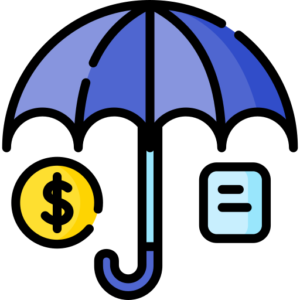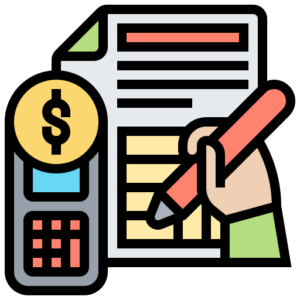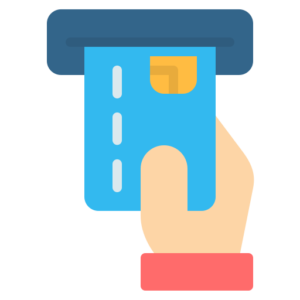Saving for a Rainy Day: The Importance of Emergency Funds

Introduction
In this blog post, we’ll delve into the importance of having an emergency fund, how it can provide financial security during unforeseen circumstances, and practical steps to start building one today.
Understanding Emergency Funds
Essentially, an emergency fund serves as a safety net, offering peace of mind and financial stability during times of uncertainty.
The Significance of Emergency Funds

An emergency fund provides a buffer against unexpected expenses, preventing you from going into debt or dipping into other savings accounts to cover emergencies.

Knowing that you have funds set aside for emergencies can significantly reduce financial stress and anxiety, allowing you to focus on finding solutions rather than worrying about money.

Without an emergency fund, you may be forced to rely on credit cards or loans to cover unexpected expenses, leading to high-interest debt and financial strain in the long run.

Having a financial cushion gives you the flexibility to handle emergencies without disrupting your long-term financial goals or lifestyle.
How to start building your Emergency Fund

Aim to save at least three to six months’ worth of living expenses in your emergency fund. Start by calculating your essential monthly expenses and multiply that by the desired number of months.

Review your income and expenses to identify areas where you can cut back and redirect funds toward your emergency fund. Every little bit counts, so prioritize saving even small amounts regularly.

Set up automatic transfers from your checking account to your emergency fund to ensure consistent contributions without having to think about it.

Keep your Emergency Fund Accessible:
While it’s essential to keep your emergency fund separate from your everyday spending accounts, make sure it’s easily accessible in case of emergencies. Consider a high-yield savings account or a money market account for better interest rates and liquidity.
Conclusion
In conclusion, budgeting is not just about numbers; it’s about empowerment. By taking control of your finances through budgeting, you’re setting yourself up for financial success gaining peace of mind and the freedom to live on your terms.
So why wait? Start budgeting today and unlock the power to achieve your financial dreams!
#EmergencyFund #FinancialSecurity